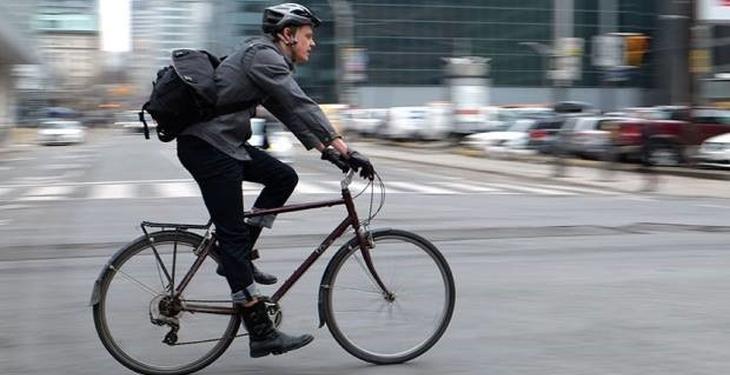The economic benefits of urban cycling are particularly relevant, given the various hidden and unquantifiable costs associated with different modes of transport, says Civitas, which conducted research within the Solutions (Sharing Opportunities For Low Carbon Urban Transportation) project. Ardent supporters of urban mobility by cycling, Civitas members have made a small calculation, which suggests: most often, half of the trips made by car are shorter than five kilometers and a quarter of them are three kilometers or even shorter. Because car engines are most efficient once they have warmed up, fuel consumption and therefore CO2 emissions are very high in the first few kilometers. But, in general, trips of up to five kilometers can be easily cycled, according to the Intelligent Energy Association.
Electric-assisted bicycles, called Pedelecs, allow people to travel easily up to 25 kilometers. Pedelecs have an electric motor that supports the cyclist, helps to climb the inclined parts, to travel long distances and to travel “with the wind in front”. Pedelecs have the advantage of emitting very low amounts of carbon dioxide per kilometer.
Westerners already have a cycling tradition. In Germany, on average, almost 20% of people use bicycles daily and another 20% several times a week.
In the big cities in Romania, several tens of kilometers of bike paths are reported. At least on paper. Many of these are, however, almost unusable and endanger cyclists, according to the President of the Romanian Cyclists Federation.
Green Report presented a statistic, based on the authorities’ statements at the level of 2016, in which the latter specify how many bike lanes there are at the level of their city.
Therefore, there are 160 km of bicycle lanes in Bucharest, of which 26 km are open to traffic (usable). There are only 5 km in Constanța and Mamaia, 10 km in Cluj-Napoca, almost 20 km in Craiova, 30 km in Brașov, 35 km in Timișoara, 46 km in Iași and 70 km in Sibiu.
Even if the numbers are not high, the reality on the ground is even sadder, according to Radu Mititean, president of the Romanian Cyclists’ Federation. In an interview with Green Report, he said he was disappointed with the quality of the tracks and outraged by the excessive figures reported by the authorities.
At the same time, 61% of Romanians never ride a bike, according to the European Commission.
